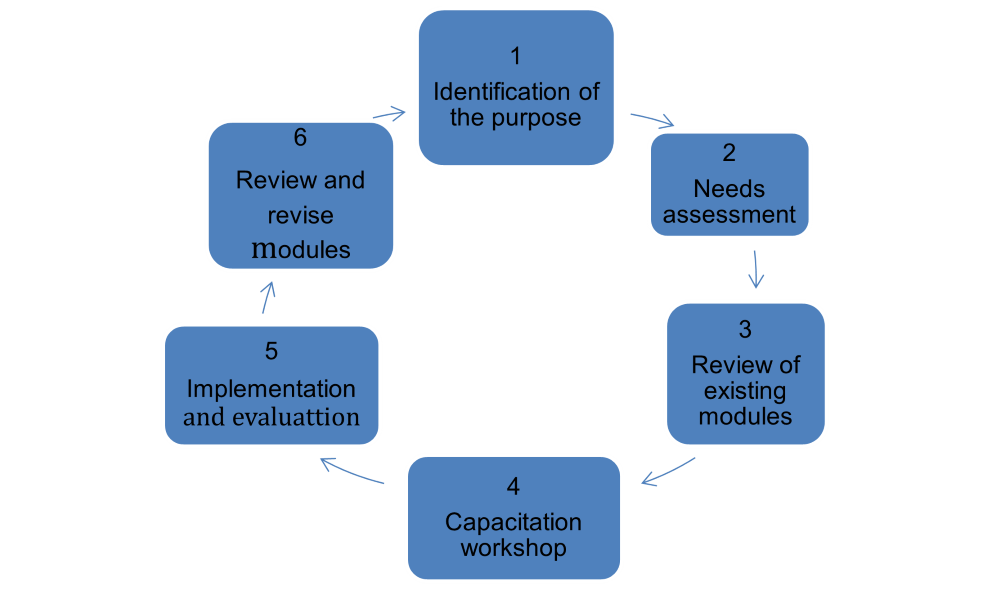
Introduction
Building a dynamic, integrated education system is essential for advancing the One Health (OH) approach. Integrating OH concepts into teacher education aims to equip a new generation of professionals with the skills to address complex animal, human, and environmental health challenges.
Embedding One Health in the teacher education curriculum offers a fast, widespread, and cost-effective strategy to influence communities at the grassroots level. A curriculum infused with One Health themes will foster critical thinking and problem-solving skills in learners, preparing them to tackle interconnected health challenges that demand multidisciplinary collaboration. It will also encourage young people to seek holistic, sustainable solutions that protect the health of entire ecosystems, rather than focusing only on immediate outcomes.
The Change Story
At the University of Zimbabwe, the COHESA project, through multipliers from the Faculties of Veterinary Sciences, and that of Sciences, engaged the Faculty of Education to integrate One Health into Zimbabwe's teacher education curriculum.
The Faculty of Education embraced the initiative, leveraging its mandate to oversee teacher education in colleges. The ongoing curriculum transformation across teachers’ colleges, at the time, presented a timely opportunity to embed One Health concepts into the new framework.
Using a curriculum infusion model, the Faculty of Education team systematically integrated OH principles into the teacher training process.

Through a needs assessment exercise, participants gained valuable insights into the breadth of issues requiring a One Health approach. They identified the need to first build the capacity of college lecturers:
A University of Zimbabwe, Faculty of Education OH Team noted that;
It will be good to include One Health in all areas, but implementers need to be capacitated first through regular workshops to obtain relevant information before implementing OH,
All 18 teachers’ colleges in Zimbabwe overwhelmingly agreed to integrate One Health into the reformed teacher education curriculum. Colleges are now developing the Minimum Bodies of Knowledge (MBKs) with a dedicated One Health module.
There was strong support for making OH a standalone subject:
Giving One Health as a separate subject will give it the weight and value it deserves. It will also motivate specialist teachers to delve deeper into the subject area, providing learners with in-depth knowledge. It is different from taking it as an appendage of another subject. It needs to be a standalone subject,
as stated by a team from the University of Zimbabwe, Faculty of Education.
This process has not only influenced curriculum design but also impacted policy, embedding One Health principles into Zimbabwe’s national teacher education strategy.
Key Achievements
- Needs Assessment Completed: A comprehensive report confirming the unanimous support from teachers’ colleges for integrating OH into the new curriculum has been generated and shared with project stakeholders.
- Curriculum Adaptation: Existing One Health modules from the African Health Workforce Network (AFROHUN) and the Southeast Asia One Health University Network (SEAOHUN) were reviewed for relevance. While useful, these modules are being adapted with Zimbabwean context and set at diploma level, given that the originals were designed for university students.
- Capacity Building: The project is now focused on capacitating lecturers. Workshops are being organized to equip teachers’ college staff with the necessary knowledge to develop and deliver OH modules suited to their institutions and learners.
Reflection on the Change
Following the needs assessment, Zimbabwe’s teachers’ colleges now recognize One Health as a unified approach that safeguards the health of people, animals, and the environment. There is a growing appreciation for the importance of embedding One Health into national education policy to build a healthier future.
Conclusion
Embedding One Health at the grassroots level—starting with early childhood education—is a crucial step toward fostering a healthier nation. Teacher training colleges represent a powerful starting point for accelerating the spread of One Health knowledge throughout schools and communities. Investing in this foundational level ensures that future generations are better prepared to manage and prevent complex health challenges.